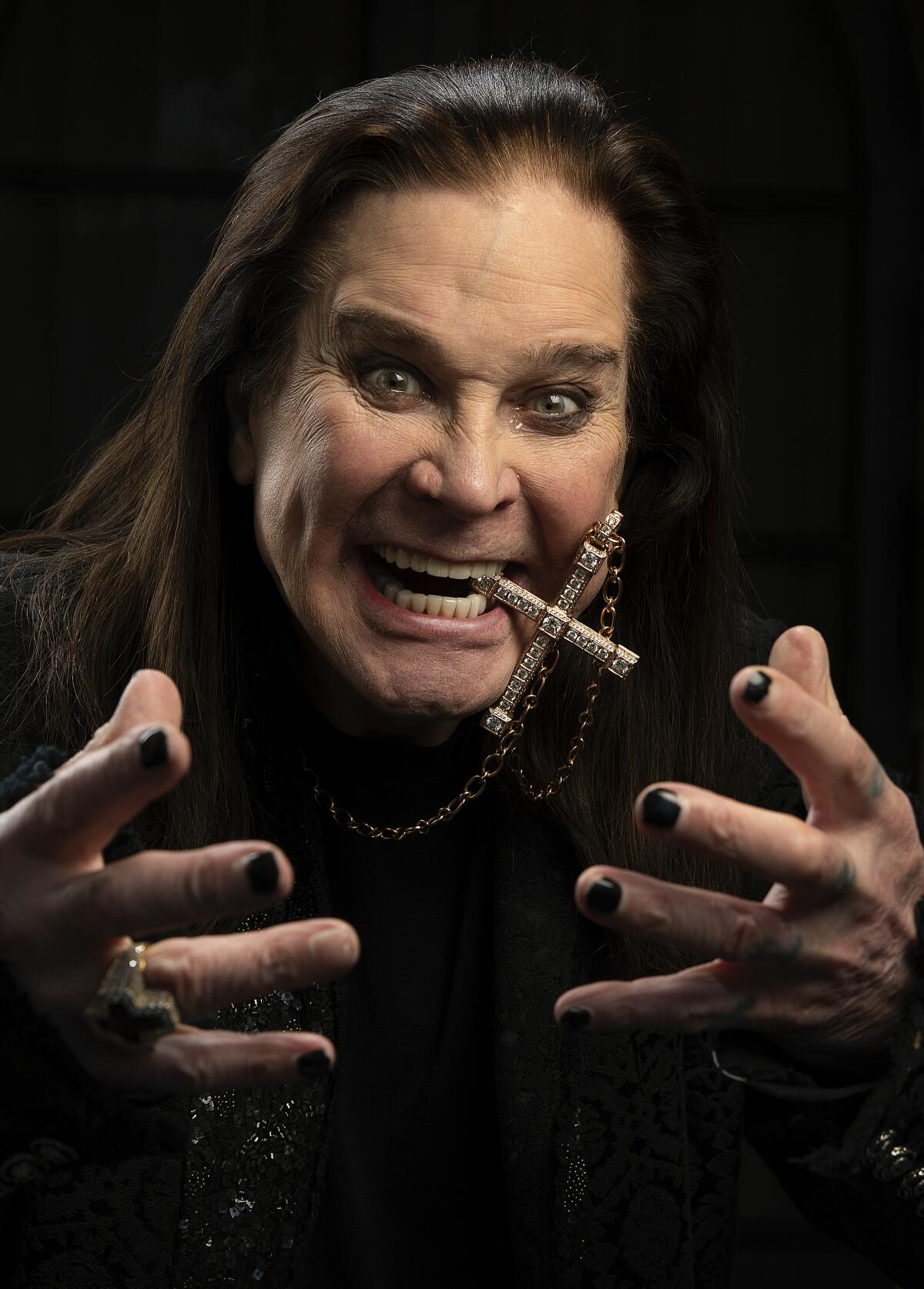The Yeti Show Presents: Ozzy Osbourne — The Prince of Darkness, Decoded

Watch: Ozzy Osbourne — Feature
Tip: tap the video to unmute.
Ozzy Osbourne didn’t just headline heavy metal—he helped invent its grammar, then kept rewriting it for five decades. From Aston’s grit to Sabbath’s thunder, from Randy Rhoads’ aerial solos to Zakk Wylde’s chainsaw vibrato, from the Ozzfest ecosystem to MTV’s The Osbournes—and into a late-career glow-up with GRAMMYs and a solo Rock Hall induction—Ozzy is where menace, humor, and melody intersect.
1) Black Sabbath: The Birth of Heavy (1968–1979)
Tony Iommi detuned guitars into seismic territory; Geezer Butler wrote sermons of dread; Bill Ward drummed like a collapsing cathedral. Ozzy’s bright tenor became the lighthouse inside that storm. The early-’70s run—Black Sabbath and Paranoid (both 1970), Master of Reality (1971), Vol. 4 (1972), Sabbath Bloody Sabbath (1973), Sabotage (1975), Technical Ecstasy (1976), Never Say Die! (1978)—is metal’s DNA.
2) Solo Detonation: Blizzard to Number 9 (1980–2022)
Fired in ’79, reborn in ’80. With Randy Rhoads, Ozzy swapped doom’s crawl for melodic lift—“Crazy Train” and “Mr. Crowley” minted arena hooks that never retired. Jake E. Lee sharpened the silhouette; Zakk Wylde thickened the trunk. Canonical stops: Blizzard of Ozz (1980), Diary of a Madman (1981), Bark at the Moon (1983), The Ultimate Sin (1986), No Rest for the Wicked (1988), No More Tears (1991), Ozzmosis (1995), Down to Earth (2001), Black Rain (2007), Scream (2010), Ordinary Man (2020), Patient Number 9 (2022).
3) Culture Engine: The Osbournes & Ozzfest
Reality TV: The Osbournes (2002–2005) widened the funnel—four seasons, 52 episodes—without defanging the myth. Ozzfest: a town square for metal from 1996 onward, knitting sub-scenes into a living index and training new listeners annually.
4) Honors: GRAMMYs & Rock Hall (x2)
Ozzy’s case marks the arc: 5 GRAMMY wins, 12 nominations, and two Rock Hall inductions—2006 (Black Sabbath) and 2024 (solo).
5) Songs That Never Retired
“Crazy Train” is a cultural metronome—sports arenas, dashboards, social clips. “Mr. Crowley” remains a guitar-school cathedral. “No More Tears” proves bigness can still feel human; “Mama, I’m Coming Home” turns vulnerability into posture.
Comments
Post a Comment